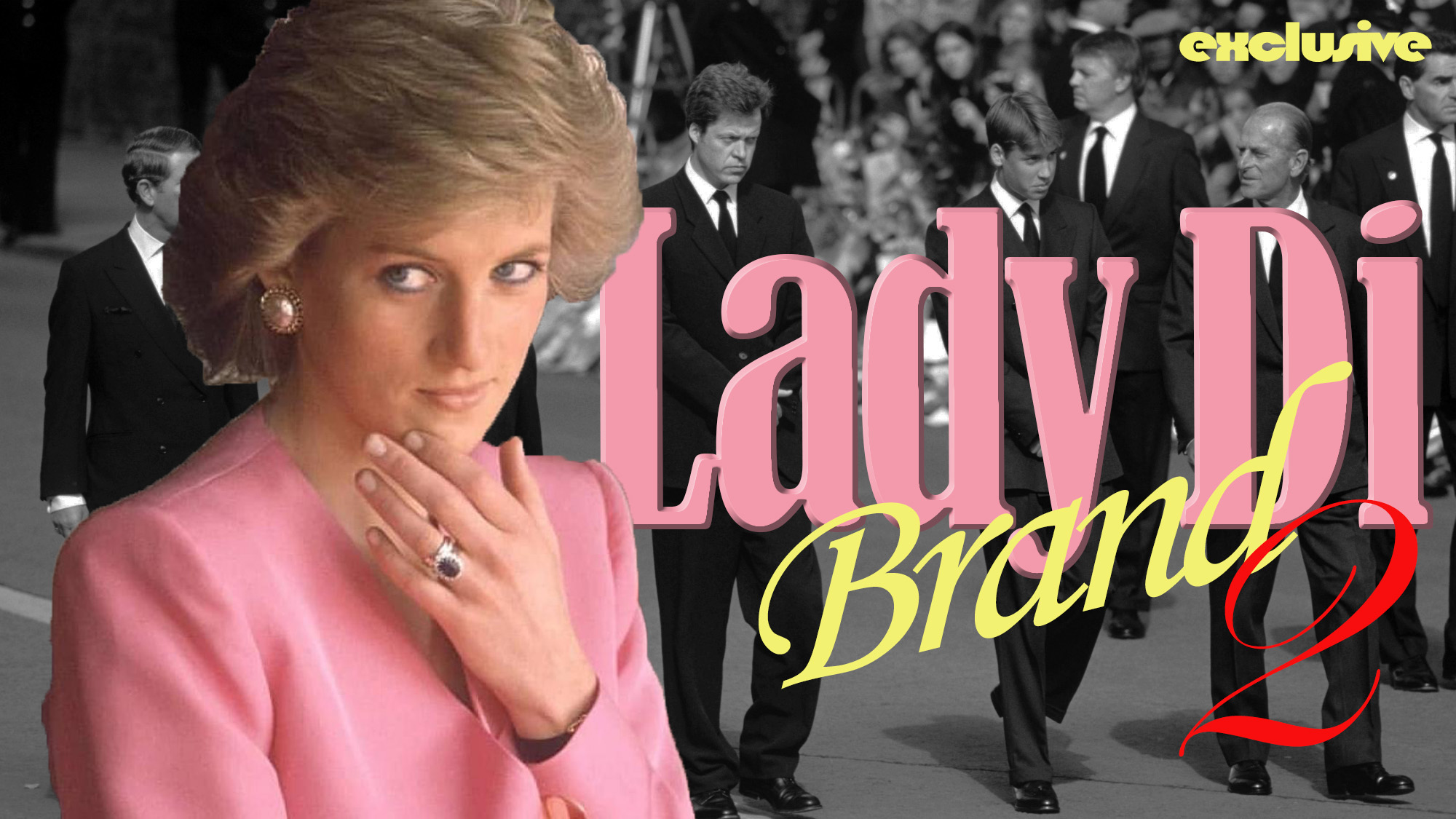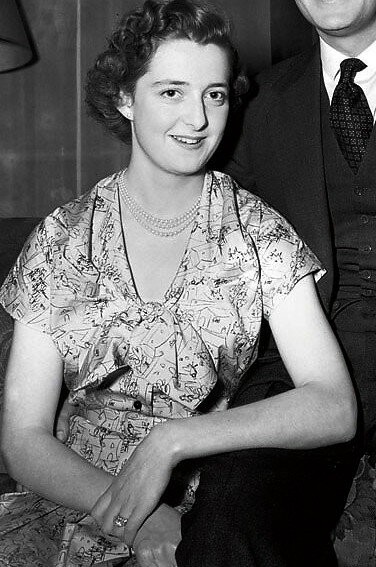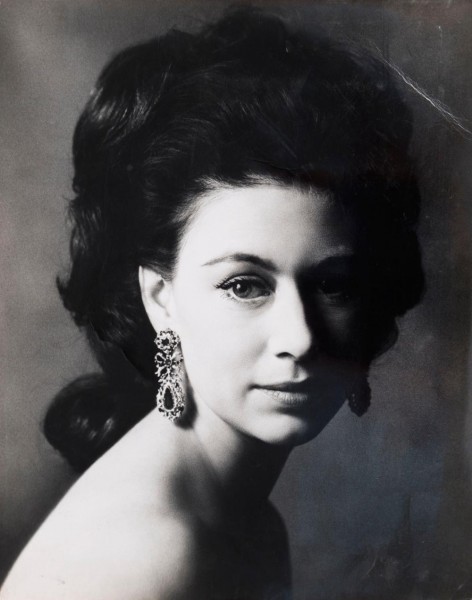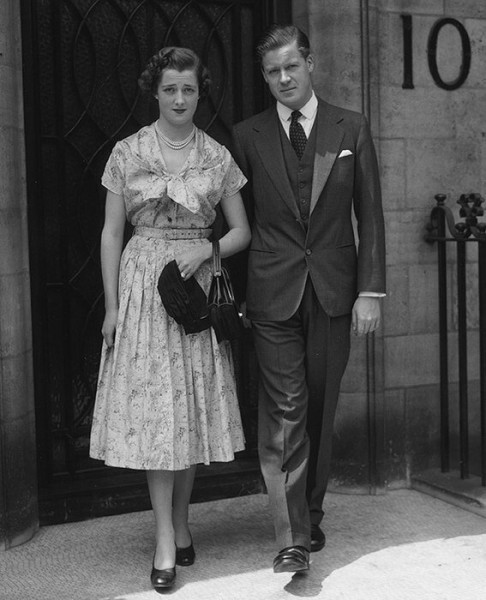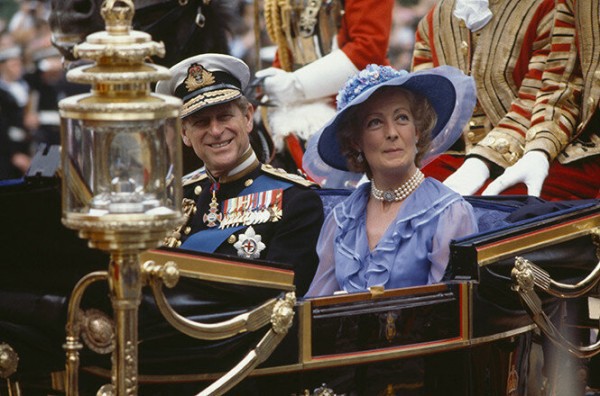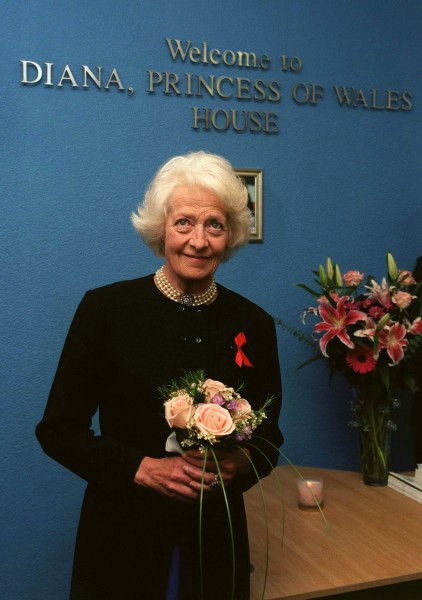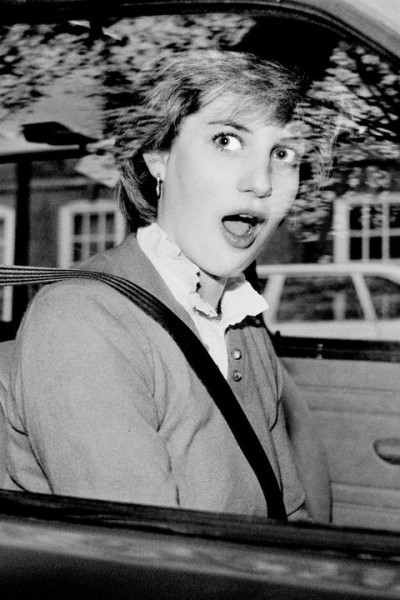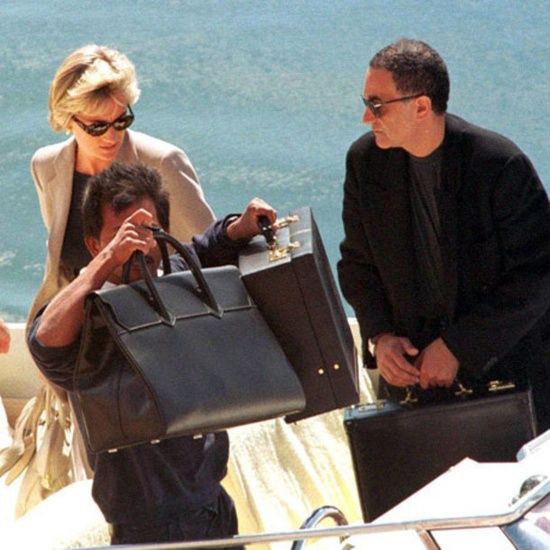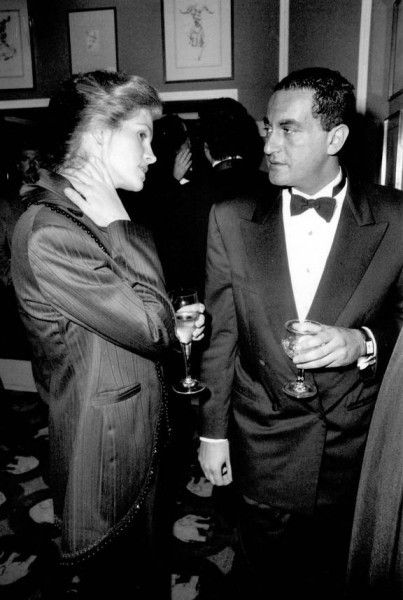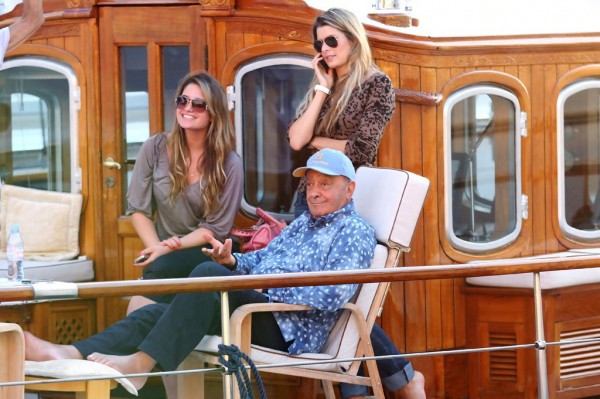Written by Mikaprok, originally published on his blog #5, #6; translated by AlexD exclusively for SouthFront. The first part (#1,#2,#3, #4) is available HERE.
The Apple and the Apple tree
The work of British PR agencies can be watched endlessly.
One of the signs of professionalism in the construction of sustainable public images is to give the hero’s personality some elaborate roughening. It must be human and understandable to the general public.
The bleaching to a crystal shine looks implausible and blocks perception – there are no such people in nature.
Professionals understand that everyone must have their own shortcomings, which they courageously struggle with and eventually (if everyone is lucky) overcome.
Lady Di has not been spared.
When they find sun spots, i.e. start criticizing the innocent, they say roughly the same words.
She was affectionate yet promiscuous in her dealings. There was a riding instructor, American businessmen, family friends, occasional benefactors, and finally, “Dodi”.
The full legacy of the Empire.
The list is updated from time to time with new names and sketchy details, but the general picture remains the same – the girl was an airhead.
The viewpoint is actively supported by both the people’s princess’s conventional fans and her equally conventional haters.
Of course, both attitudes to her are wrong by definition. For an image of Lady Di, one should not go to the Windsor biographers, but to “The Sun” editorial office.
Already in the case of Queen Victoria we see a model of decency, as the media of the time helpfully portray her. Apart from occasional contacts she had quite a long close relationship with a “stable boy” and a “Hindu servant”. Lady Di’s calque.
The mise-en-scène is not at all embarrassed, but rather adds a humanistic gloss – the soul of a true monarch is wide!
We see roughly the same in Princess Margaret and other smaller figures in the twentieth century.
All this is a standard that would not have been worth mentioning in another situation.
In Lady Di’s case, however, the obvious is usually missed: Lady Di’s role model is her mother, Frances.
In biographical sketches, the fortunes and habits of this lady of the world are usually skirted.
Drawing on a certain set of documents from the era, a biography by Mrs Riddington, Lord Spencer’s memoirs and by understanding the court language, some interesting conclusions can be drawn.
Born Frances Rocher, in full accordance with her daughter’s biography, she “danced well” but “showed no success in the arts and sciences”.
She was hitched to Spencer Junior at the same young age as Lady Di. With similar consequences.
Frances had long been unable to produce an heir, so the birth of the youngest daughter Diana was accompanied by questions about the sex of the child and could have ended in the most dramatic way, up to and including placing the baby in the hands of distant relatives.
Following the birth of Charles, the coveted baby boy, the couple divorced.
Lord Spencer is said to have cheated on her and even beaten her (!), making the poor girl’s already unenviable position difficult.
Meanwhile, events unfolded as follows. A month after her divorce, Frances married businessman Peter Shand Kidd. This took place in 1969. A year earlier, Peter’s first wife, Janet, had filed for divorce, citing her husband’s adultery. The second party and witness to the affair was just Frances.
In other words, the Spencers were dragged into court and forced to rinse their dirty laundry to the amusement of the evening papers. The mother of the future Princess Diana had no intention of divorcing. Moreover, she was claiming a decent chunk of the Spencer family’s inheritance.
One of the arguments was the care of four children who need to be adequately supported.
As it turned out, no one was going to give the children to her. In court, her mother, Lady Femroy, took the side of the Spencers!
Eventually custody was awarded to the father, and Frances did not live in London for a long time, spending only holidays with the children.
Exactly the same was the result of the agreement between the people’s princess and her husband 26 years later.
The second marriage proved slightly more enduring then the first for one reason only – the Kidd couple saw each other infrequently. Frances’s husband spent much of his time in Australia and did not particularly follow current news from the Islands.
Naturally, for much of the 1970s rumours circulated in the local press about another of Frances’s increasingly bizarre affairs. Already in the early 80s she was being seen by a druggist for her “Irish disease”.
With Diana and her grandchildren, she was, as one of Lady Di’s biographers aptly called it, in remote proximity. She saw them rarely, briefly and with benevolent witnesses.
The hypothetical question is often asked: if the Princess of Wales had lived to an advanced age, what would she have become?
There was even a “People” magazine feature on the fiftieth anniversary of her birth. Among other things, it contained a set of predictions about Lady Di’s potential humanitarian mission on a global scale.
We will not go that far, but take a genetically closer example – what Diana’s mother has become over time.
In 1988 her second marriage, which had been bursting at the seams for the past 10 years, finally broke down. The process of dividing property ended in 1990 and was accompanied by further scandals.
In 1997, just before the crash, Frances managed to write her daughter out of her will. How and why this could have happened is a question for the modern historian who does not believe in car accidents :-)
After Lady Di’s death, her mother takes a step that puts a final end to her relationship not only with the Windsors, but with the English aristocracy in general.
Having helped charities in Dublin for many years and being connected to the local diaspora by blood ties, she officially converts to Catholicism!
An attempt to save face can be counted posthumously.
After
Our excursion into the boudoir of one of the most popular women on planet Earth comes to a biological conclusion – the death of Lady Di.
It is clear why so much has been written about this event. It was the finale of a short but vibrant media life that kick-started the cult of the Princess and allowed any myths to spread freely outside the barriers of a real-life entity. Suffice it to cite the coverage figures of the two TV broadcasts 16 years apart.
On 29 July 1981, 750 million people in 64 countries watched the wedding of Diana and Charles. In 1997 the broadcast of the funeral had as many as 2.5 billion viewers, from 105 countries. It was not only the rapid spread of the broadcast to the territories included in the Commonwealth, but also the ellipsis of the tragedy that left Diana young and active forever.
There is endless talk about the shadow side of the Paris disaster – several voluminous monographs on the subject have appeared in the last 10 years alone.
Without putting forward any theories or trying once again to offer a coherent hypothesis where there is obviously insufficient information, let us try to dwell on some of the points considered key to understanding what happened.
How did Diana and Charles’s divorce proceedings begin?
Connoisseurs of Windsor biographies will of course recall the so-called letters to Camilla, discovered by Diana and presented (in citations) to the public in June 1992, as part of a biography of the Princess written by Andrew Morton.
Allegedly, these letters were discovered in 1991 and served as the reason for the final break-up.
It should be noted that Prince Charles had contacted Mishcon de Reya, the law firm serving the Windsors and subsequently his ex-wife, two years before the letters were discovered. The actual division of property began in 1989 and continued until 28 August 1996.
However, the visible part of the process began when John Major announced the divorce publicly at a parliamentary hearing in December 1992.
Diana managed to give two killer interviews, in one of which (1995) she actually hinted at the questionable paternity of one of the children and explicitly allowed an insult to Charles. He is not a worthy successor and the throne needs to be passed to someone else.
As it is now fashionable so say, it is crossing all possible red lines. To discuss the succession publicly, to criticise the Family while inside and to raise the issue of one’s own children is the cruelest taboo.
There is nothing surprising about Diana’s appeal to her own solicitor and few months before her death to report threats against her by members of the Family. No one can confirm or deny this, as, miraculously, no papers have survived. However, it did not hurt to take precautions.
What was Lady Di’s condition at the time of the accident?
The good soul accepted an offer of marriage from “Dodi” and … was preparing to become a mother. Whose child it is – a big question even for Mohamed Fayed’s family.
Perhaps just this was the basis of a long legal battle between a colonial businessman and a security agency hired through the Windsors to protect Diana.
Diana’s medical records were never produced in the form in which they had been filed by the French ambulance. Evidence leaked to the press after the accident was expunged and declared a hoax.
Circumstantial evidence of pregnancy is abundant, including her frequent visits to specialist clinics, the sale of recently bought clothes at charity auctions and the testimony of her maid – she has recently been showing typical signs of morning sickness.
However, this information was later neatly withdrawn from the public space and no longer returned.
Who is responsible for the accident?
Of course, versions multiplied instantly. Already in 1998-2000 there were several multi-page versions.
Against this background, Scotland Yard took a mouthful of water. The information had to be beaten out by force and each time the reading changed.
The official investigation lasted almost exactly 10 years – in 2007 the coroner issued a paradoxical report calling Diana’s death “unlawful killing”, naming the impersonal journalists and the driver (who also died on the spot) as the culprits. They didn’t seem to want to kill the poor woman on purpose, but they had to!
The investigation, according to an average estimate by the London police, cost British taxpayers £60 million. Nevertheless, even a more or less detailed description of what happened did not reach the general public until 2014. The published dossier was eventually heavily censored, including direct omissions on paper (!) and incomplete sentences.
Moreover, the original intention was to have two dossiers – on both sides of the Channel. The French part was declared to be included in the British part and the issue was closed.
Who is to blame and what to do?
Among the plethora of answers, from British intelligence services to aliens, two stand out:
– Prince Philip. We talked a little about this version at the time of writing about EII’s husband;
– the Fayed Family. A late 2015 production design that turns the timeline of Lady Di’s final days upside down.
There is a place for geostrategic approaches among the contenders for truth.
Gennady Sokolov described what happened in his book “The Kremlin vs the Windsors. Palace Spies of the Secret War” (2013). It was quickly translated into English and gradually became one of the standards of discourse on the subject.
Insidious MI6 agents arrived in Paris and organised the whole thing on behalf of “you know who”.
Depending on the rapidly changing backstage conditions, different parties to the conflict may take the place of the “you know who”.
A similar scenario to the Skripals is self-evident. The ground is pretty much fertilized.
Otherwise, the disposition is clear.



